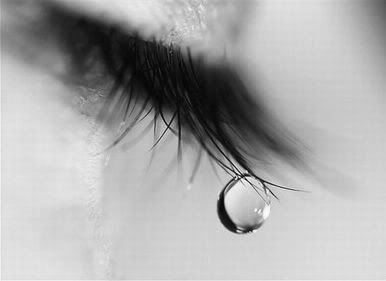Have you forgotten?
Or you never really cared..
Listening to you,
Never interested me.
Still I listened..
I tried..
I adjusted..
Adjusted..to keep it going.
Now I realize,
You needed me then,
And not anymore.
Whenever you needed me,
I tried my best to be there..
I tried..
I adjusted..
Adjusted….to keep it going.
Now I realize,
You’re too selfish,
You’ll never do the same for me,
You won’t sacrifice even a bit for me.
You can’t see someone happy,
You can’t bear else’s happiness.
I ignored..
I tried..
I adjusted..
Adjusted…to keep it going.
Now I realize,
How long could I ignore it!
I can’t bear it anymore.
I loved you the way you were,
Loved your simple sweetness..
But you wanted to be someone else…
I corrected..
I tried..
I adjusted..
Adjusted.. to keep it goin.
Now I realize,
I should’ve never corrected you,
You wouldn’t have gone as far as you have!
Have you all forgotten?
Or you never really cared!
The time we spent together,
The moments that we shared.
The comments that we made..
The way you troubled me.
That nuclear reactor..
That high micro trek!
Those 10 kahaniya,
That 15/- tip.
That structure test studies,
That first time Sherry’s
That Bhool Bhulaiaya!,
That Chak
That pro-nite,
Rather, Utsav’e every nite.
That saree day,
And the boring traditional day!
That parnavi’s birthday,
And Omkar’s bad day.
That Juhu beach,
N that ITC.
That microscope diagram,
And the reason Rina gave.
Those few good looking guys,
And our search for them.
That Gala’s cold coffee,
That CCD’s, mocha’s hot coffee.
That Omkar acting that Parnavi reacting.
That bunking and those proxies,
And many more such jhols we did.
That hunt for ribbons and balloons pastry,
That almost everyday monginis pastry.
That treasure hunt,
That cadbury’s fun!
Don’t you miss those days?
We miss them everyday.
Have you all forgotten?
Or you never really cared?

